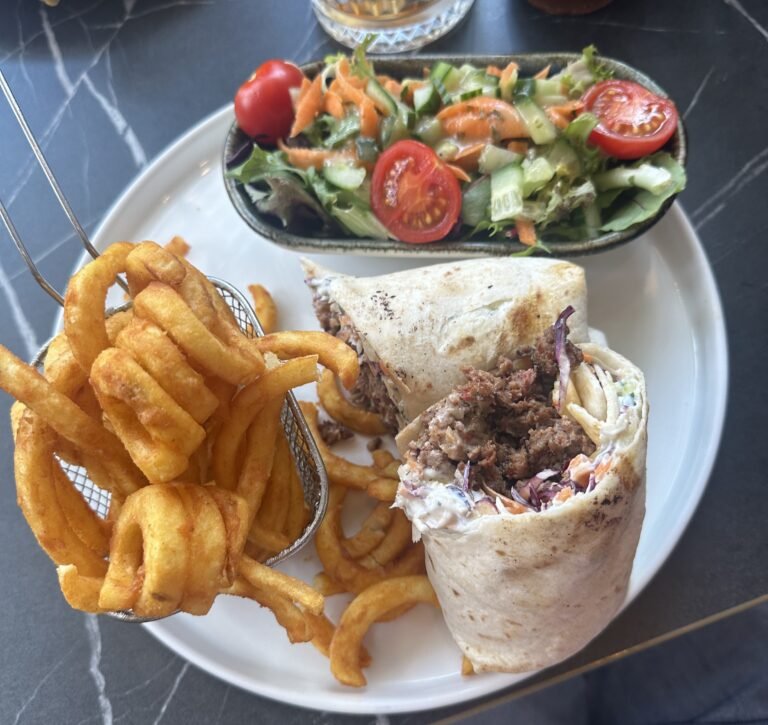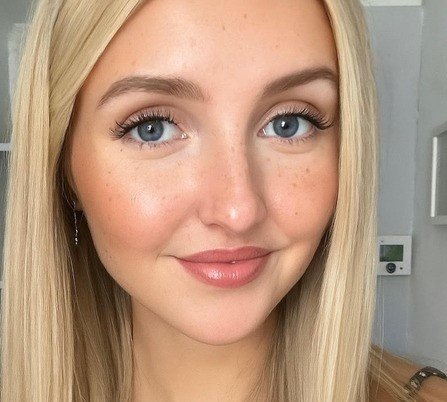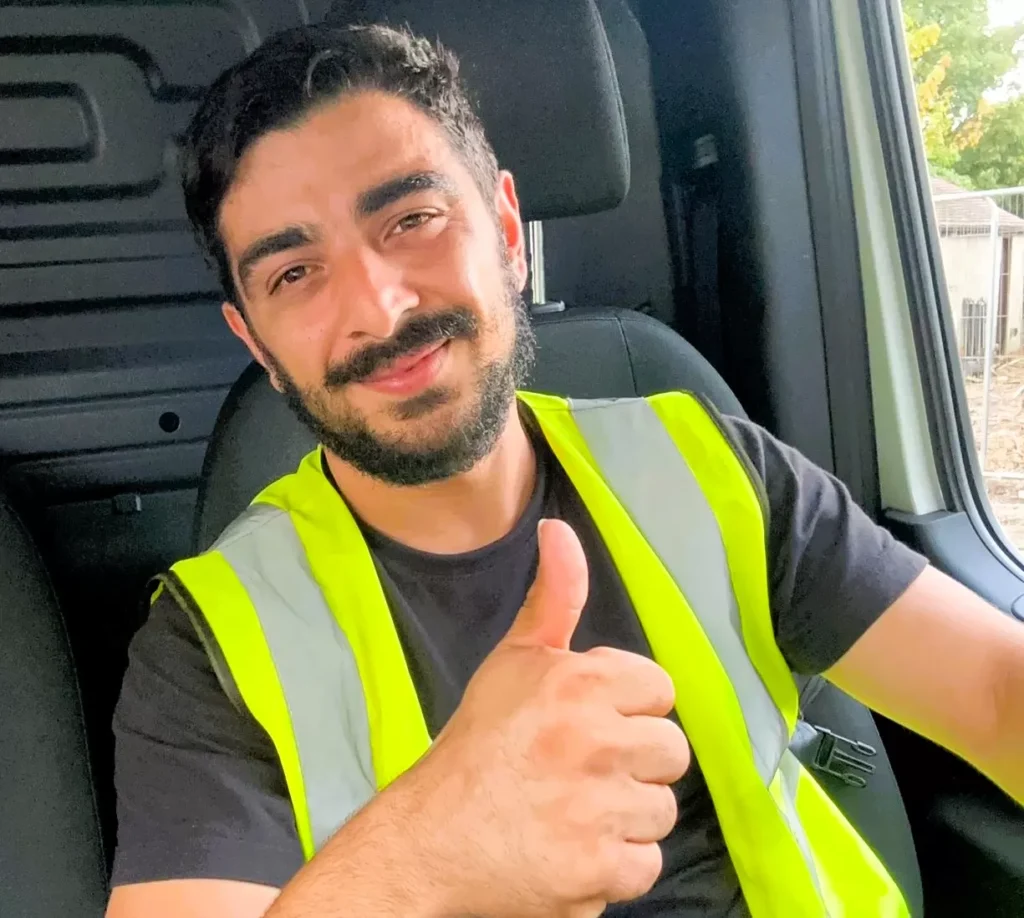A teenager has shared how she overcame her impulse spending habits and managed to save £15,500 in less than a year by making small lifestyle changes.
Emily, from Essex, once found herself trapped in an endless spending cycle. Within a year, she had splurged around £4,000 on luxury outings, concerts, and a perfume collection worth £1,200 alone.
The turning point came when the 19 year old, who was earning just £700 a month at the time, took her first solo holiday to Lake Como, Italy.It was there she realised she didn’t have the financial freedom she thought she did.
READ MORE:Which Countries Will Pay You to Move There? Finance Guru Reveals Tempting Relocation Schemes
“When I went on that trip, I wanted to have fun, but it hit me that I wasn’t in control of my money,” said Emily, a management trainee.“That experience made me want to save properly and take charge of my finances. I’ve always wanted to move out and do more in life, but my spending habits were holding me back.”
Emily explained that her spending started as a form of self-reward after long or stressful days. “It was easy to justify small purchases, but they added up faster than I realised,” she said.“Within six months, I had over 20 different perfumes, and I didn’t even like most of them. It was such a waste.”
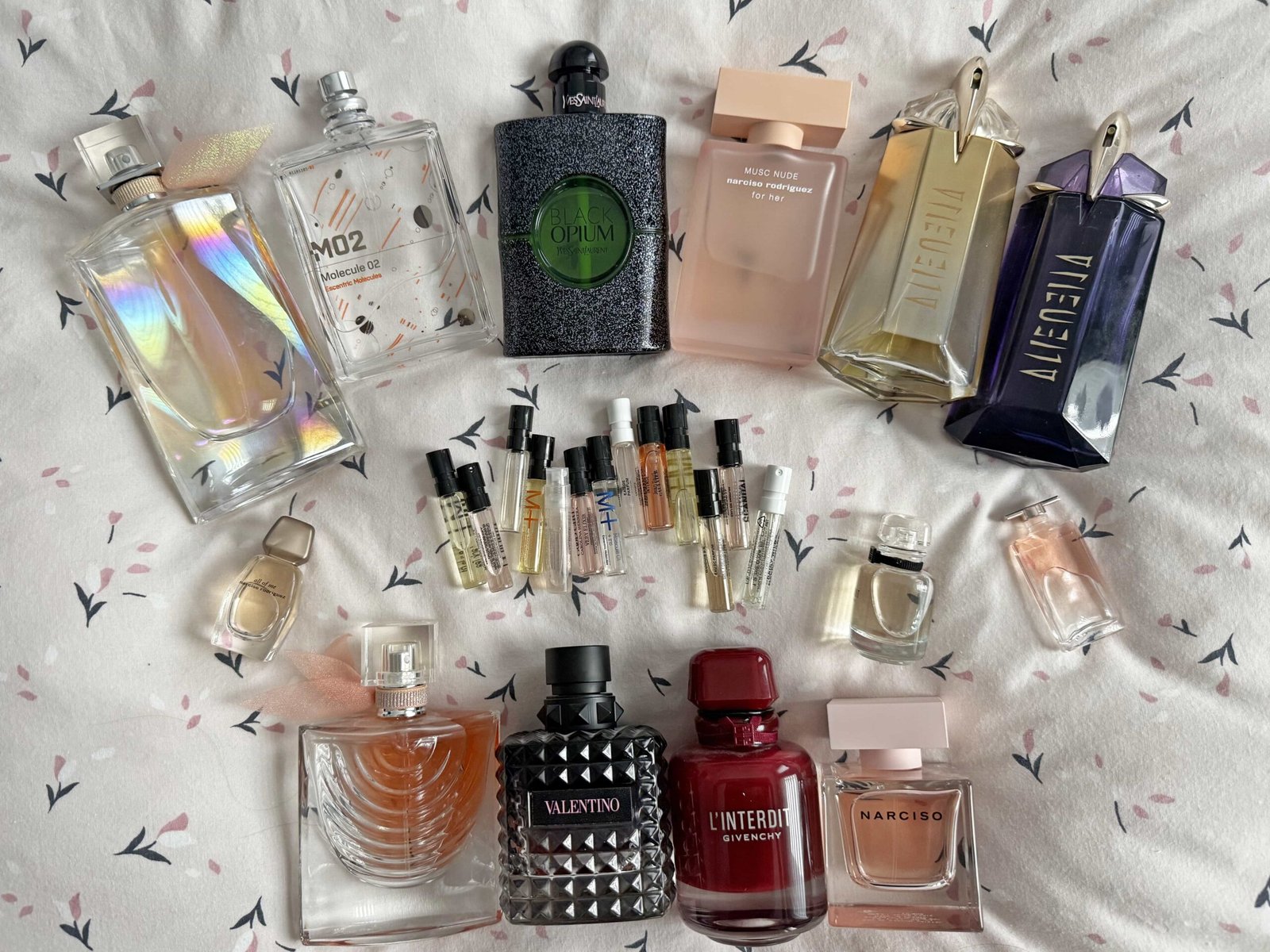
Determined to make a change, Emily began cutting unnecessary expenses, using cashback apps, and adopting a “pay yourself first” mindset.
“That’s when I started thinking about what I actually valued,” she said. “Instead of feeling guilty, I used it as motivation to make better decisions.I just wanted my money to go further and help me achieve my goals instead of keeping me stuck.”
According to Finder, the average Brit aged 25 to 34 has around £9,357 in savings, meaning Emily’s total far exceeds the national average. Friends and peers have since turned to her for financial advice.
She began by saving £200 a month, later increasing that to £500, which came to £3,000. From there, she found creative ways to boost her savings.
“It wasn’t just about saving,” Emily said. “I had to curb my impulse spending too. I started looking for deals, discounts, and cashback offers both online and in stores. Even asking for discounts at the till worked a few times. I’d also wait weeks before making bigger purchases to make sure I really wanted them.”
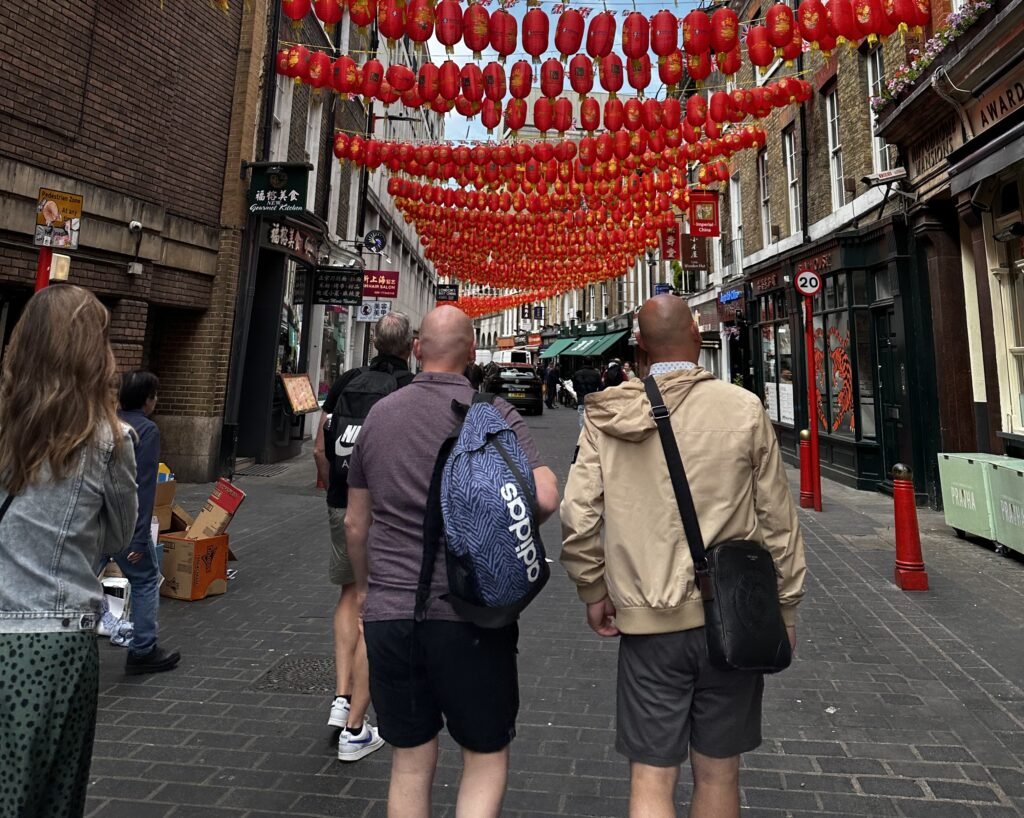
Emily replaced her daily takeaway coffee habit with supermarket sachets, costing just £2 for eight compared to £5 a cup. “Buying hot drinks out has become so expensive,” she said. “Now I take herbal teas everywhere with me so I don’t have to pay for a tea bag in hot water. I’ve even saved money while eating out by choosing restaurants with deals. I don’t want to miss out on experiences, but I also don’t want to overspend.”
She also makes the most of cashback and loyalty schemes, turning everyday spending into reward points. Recycling initiatives like the Boots scheme have been particularly useful for earning points, and Emily also signs up for free sample offers. Over time, she’s received full-sized makeup, perfume, and skincare products at no cost.
Her story comes as research from Plum, the smart money app, shows that 75% of women feel confident about saving, but many still do it in secret. Around 40% of Gen Z and millennial women reportedly keep hidden savings pots from partners or family, while more than half say they feel pressured to justify their spending.
To help women gain confidence and challenge money stereotypes, Plum has launched a free Confidence Toolkit in partnership with linguistics expert Dr. Justyna Robinson, offering practical steps to build a healthier financial mindset.

Emily’s biggest piece of advice for others is simple: pay yourself first.
“If I wanted to buy a home and travel by the time I’m 22, I had to get serious about saving,” she said. “Now, as soon as I get paid, I move a set amount into my savings and investment accounts. If there’s any money left at the end of the month, that goes straight into savings too. This method has helped me save so much more and finally break free from impulse spending.”
Her final tip for young people? “Start small, stay consistent, and don’t think of saving as missing out. It’s about creating freedom for your future.”
READ MORE:I Earn £50,000 a Year Working Only 6 Hours a Week – All Without a University Degree
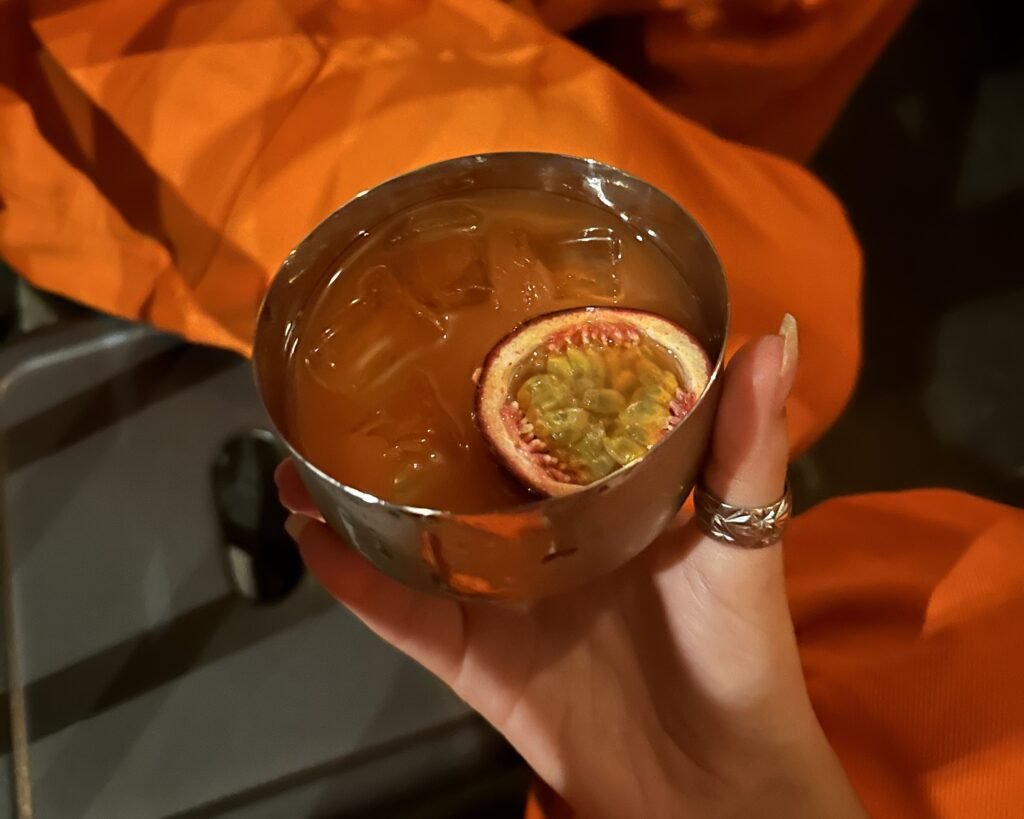
Emily in Alcatraz, London. (Jam Press/Plum)
